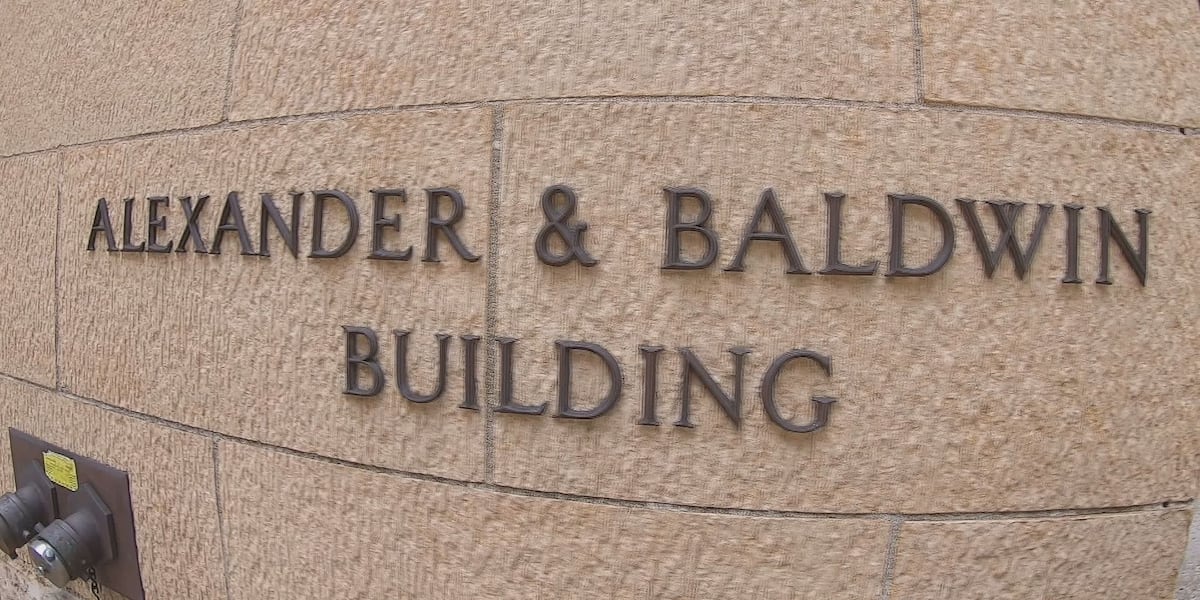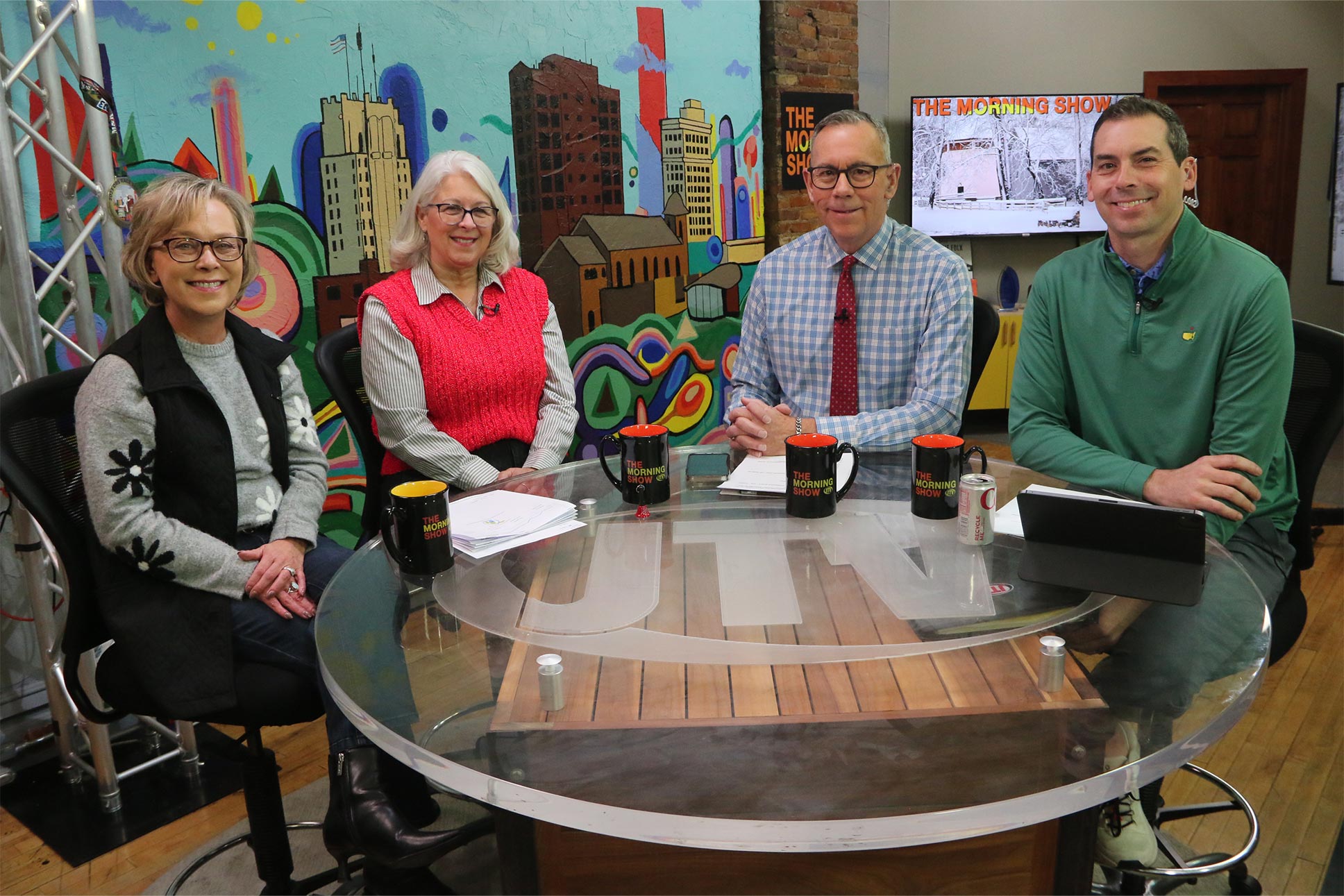A
Quiet Champion for Community Investment
For over a decade, the real estate transaction fee in Connecticut has remained stagnant at $40. However, advocates and state legislators are now pushing to increase this fee to $50, with a portion of the additional revenue going towards various community investment programs.
The Community Investment Act (CIA), originally passed in 2005, has made significant investments in sectors such as agriculture, farmland preservation, affordable housing, open space preservation, and historic preservation. Since its inception, the CIA has allocated over $159 million to these initiatives, according to Jane Montanaro, Executive Director of Preservation Connecticut.
State Rep. Maria Horn, D-Salisbury, emphasizes that this increase is not just about raising revenue but also about investing in the state's culture, traditions, and economic growth. "This act is about making sure we preserve our planet, green spaces, and communities," she said. "It's about providing affordable housing and supporting local farmers."
The proposed bill, Senate Bill 1522, would not only increase the real estate transaction fee but also rename the CIA to honor Donald E. Williams, Jr., a former state senator instrumental in passing the original act.
Advocates from various sectors, including agriculture, housing, and land conservation, have come together to support the bill. They argue that the modest increase in fees would lead to significant results, particularly in addressing the state's affordable housing shortage. According to Chelsea Ross of Partnership for Strong Communities, Connecticut faces a shortfall of nearly 93,000 homes available to its lowest-income renters.
Amy Blaymore Paterson, Executive Director of the Connecticut Land Conservation Council, highlights the CIA's unique ability to bring together diverse stakeholders and fund projects that benefit multiple sectors. "The CIA is a unifier," she said. "It brings people together to push for funding that touches all areas of a community."
With SB 1522 having already passed the Government Administration and Elections Committee, it may now head to the Appropriations Committee before reaching the Senate floor.















